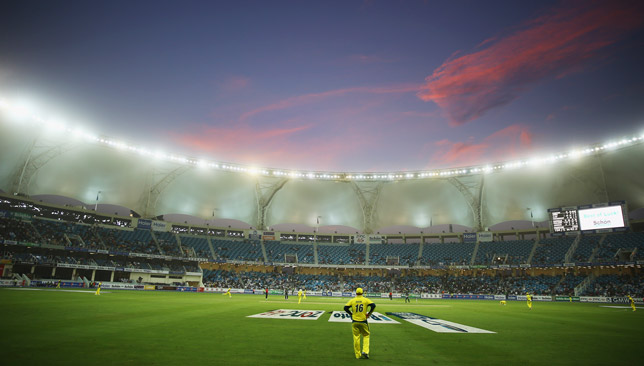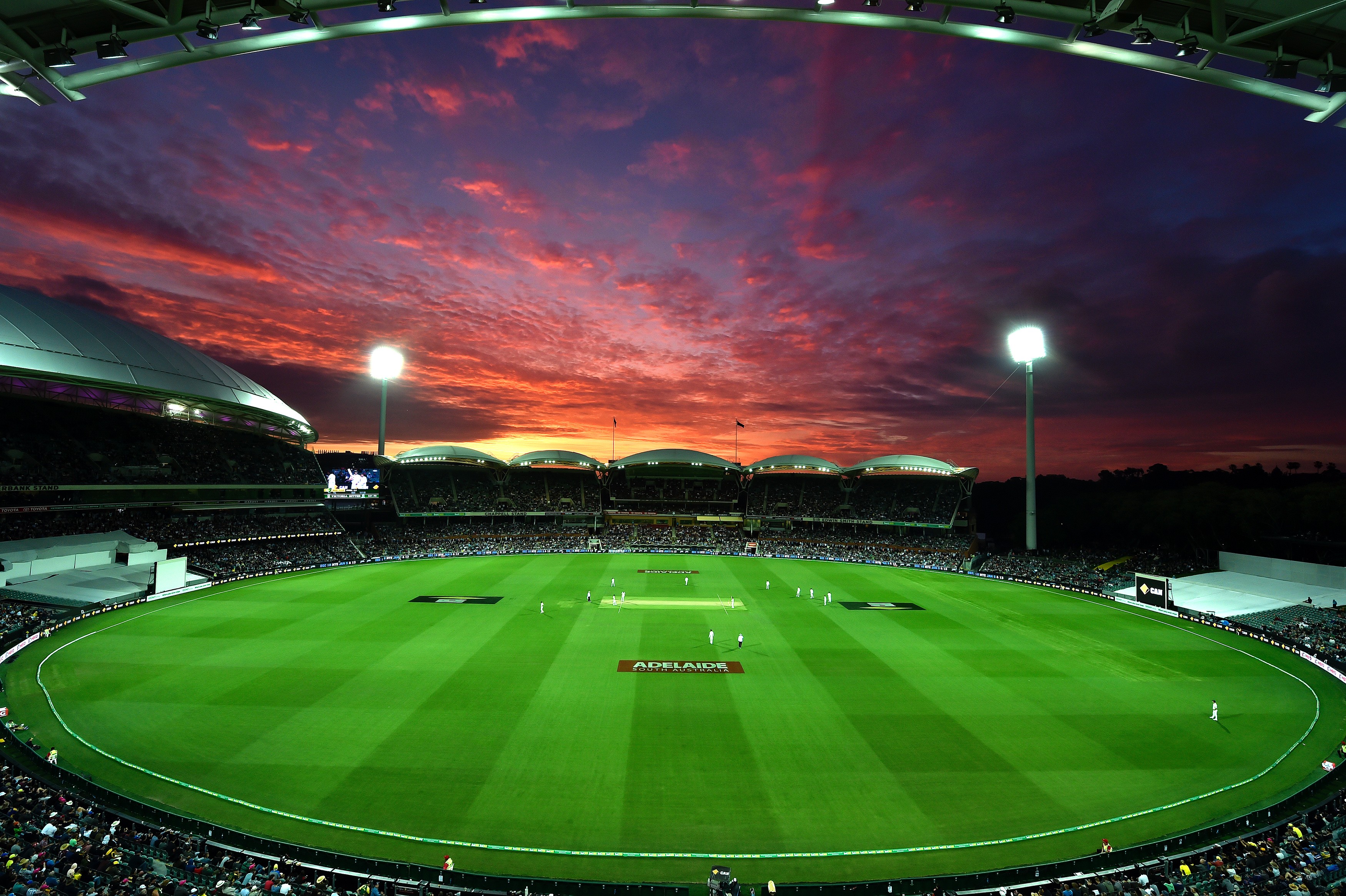
In December last year, looking out at a near empty ground in Abu Dhabi, a depressingly familiar sight outside of England and Australia was to be seen; a Test match unfolding with little gaze upon it.
And as Pakistan outplayed and outlasted England across three Test matches in the UAE, one former England captain used the Emirates as a prime example of dwindling crowds witnessed the world over when it came to the longest format of the game.
Michael Vaughan explained that Pakistan should play their home matches in Australia. It was a throwaway comment and at the time I wrote how it was ill-informed, drawing ire from Vaughan on Twitter.
Yes, the crowds were a concern – they still are in Test cricket – but it was no different to Colombo, the same as Kingston or Newlands.
Worse, it was a situation incredibly frustrating for those more familiar with the sight in the UAE than Vaughan and one that wasn’t to be solved by simply shifting a series somewhere else. It instead needed addressing at board room level and action taken from the grassroots up.
A deleted tweet later, Vaughan mentioned that day-night Tests would be a hit in the UAE, a point I finally found some substance in and was inclined to agree with.
@BarnabyRead Would be a perfect place for Day/Night Test cricket... Look forward to the crowds arriving over the weekend...!!!
— Michael Vaughan (@MichaelVaughan) October 14, 2015
Fast forward eight months and, despite the reluctance of the West Indies Cricket Board, Pakistan announced Thursday its first day-night Test against the West Indies in Dubai from October 13-17.
It will be a landmark moment for cricket as the game continues to pursue the venture as a way of getting people through turnstiles and which was trialled with great success in Australia at the Adelaide Oval in October 2015.
Not only that, it will be a seminal moment for Pakistan as their first day-night Test. But it is the UAE that will be under the greatest scrutiny, and rightly so.
For the seven years that the UAE has hosted Pakistan cricket it has been bereft of crowds of note for five-day matches, despite the vast expat population from the country and the success Misbah-ul-Haq’s side has had in despatching all before them here.
Twenty20 Internationals and ODIs have fared better but even then a sold-out stadium isn’t guaranteed despite their popularity among fans from the sub continent.
However, a pink ball and a later start to Tests could be the shot in the arm this country needs as it clings on to regular international cricket playing out across its storied Sharjah stadium and its younger siblings in Abu Dhabi and Dubai.
This series was strongly considered to be hosted in Sri Lanka as the Pakistan Cricket Board looked at cheaper alternatives to the UAE.
Monsoon season put an end to that but sky high hiring fees and a relationship strained by the Emirates Cricket Board’s decision to initially favour the Masters Champions League over the Pakistan Super League earlier this year do not make for great reading.
Very little returns have been seen on PCB investments in the country, ticket sales for Tests largely only in their hundreds and peaking in the small thousands.
The setting sun need not bring darkness though, and the day-nighter is an opportunity to be seized by both the PCB and ECB. It can be the light at the end of the tunnel for all parties.

If the ECB remains serious about continuing its relationship with the PCB and proving itself as a viable hub for international cricket – the dream remains to host a World Cup and the Twenty20 version is a real possibility if it returns to a two-year cycle – then it must take action and strike while the iron is hot.
Those Pakistani expats previously mentioned, largely from the labour and service industry, must be engaged.
So too must the widespread residents from cricketing hotbeds such as England, Australia, India, Sri Lanka and South Africa who earn a living in the UAE.
Transport to and from grounds, reduced or free entry to children and greater advertising across traditional and new media are a must, initiatives that will need to be backed by the PCB but should be aggressively pushed on the ground by their Emirates counterparts.
Whether or not that transpires is another matter and time will only tell whether day-night Tests can inspire people to turn out in force come the second week of October.
Hopefully, Vaughan will have been proven right and we can all look forward to better relationships across the board and across the Boards, with Pakistan’s exiles given the crowds their newly crowned world No1 status deserves.